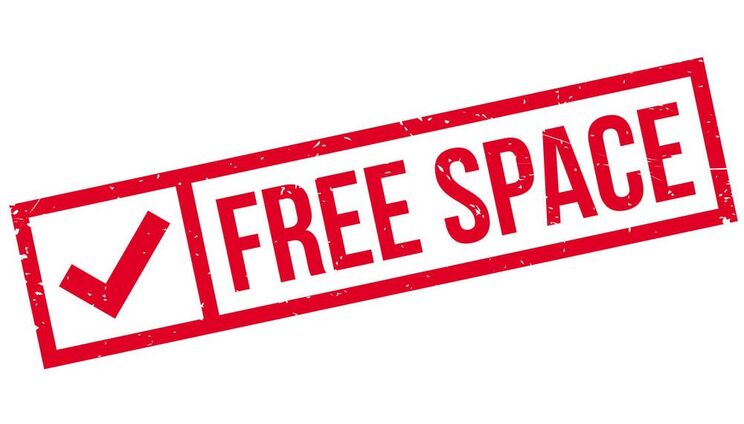|
Thanks for visiting - 2023 marks our 20th anniversary! This site is ad-free and supported by sales of our online courses. If you get value from what we write, click the link at the bottom of the page and read Day 1 of "Your inner narrative" to see if it's right for you...no email required. We received another question from a participant in our challenge, and felt it worthy of its own post. It may be shorter than usual, but hopefully you'll find it insightful. The question: "I am told I have a 'short fuse' and I'm quick to jump to conclusions. I understand being aware of your thoughts, but I'm not sure I understand how being aware of my thoughts really does anything for me when it comes to this problem. Does it, and if so can you explain?" This quote from Bhante Henepola Gunaratana provides some insight into the above question: Mindfulness gives you time. Time gives you choices. Choices, skillfully made, lead to freedom. You don't have to be swept away by your feeling. You can respond with wisdom and kindness rather than habit and reactivity. Right now, you are conditioned to act certain ways in certain situations. If that person does "X," you do "Y." That other person - if they do "A," you do "B." Your spouse or your children? If they do "this," you do "that." Experience (what happens in and around us) gives rise to feelings, and feelings give rise to intentions. This is all aided and abetted by thoughts and emotions. And, it results in conditioned behavior and habitual actions and reactions. Without awareness, this process is somewhat automatic, and culminates in the struggles and suffering we deal with daily (i.e., stress, anxiety, emotional turmoil, etc.). Someone cuts you off in traffic? You find it unpleasant and lash out. Maybe you honk your horn. Maybe you make an obscene gesture or curse them under your breath. You might escalate the situation into a confrontation. Or, you might carry around the anger for the next few hours and let it affect your day (how you feel, how you interact with others, etc.). Sometimes you are able to stop yourself from getting caught up in this process. Most of the time, however, it unfolds without a lot of input from you: experience, feelings, intentions, thoughts and emotions, actions and reactions, emotional turmoil. With awareness, however, you learn to see the process unfold more clearly. You can slow it down, and mindfully examine it: "Here is a situation, here are feelings about it, here's what those feelings normally lead to: will it be beneficial to me if I go down that same old path? What will the result be if I take the bait my mind is dangling? Maybe I can do something different. Is there more skillful actions I can take...is there a better way to handle things? Can I 'let it be as it is,' and move on with my day? Can I let thoughts and emotions pass (the same as they came), and not get caught up in them?" Awareness helps you realize your actions and reactions don't have to be automatic. Instead, you can create S - P - A - C - E. And, this space allows you to see you don't have to be at the mercy of the next feeling or thought, emotion, and urge that pops into your head. This is how your break out of conditioned behavior and habitual actions and reactions. This is how you learn to respond instead of react. How do you strengthen awareness? Through a consistent meditation practice. If you're ready to learn, we have a free guide that's been shared over a million times - the link is at the bottom of the page, and no email is required. <>
Our minds constantly create stories about what we experience, and we spend most of our time caught up in those stories. This results in the stress and struggles of daily life. "Your inner narrative" (our 15-day online course) can help you break that pattern. Read Day 1 here (no email required). Comments are closed.
|
